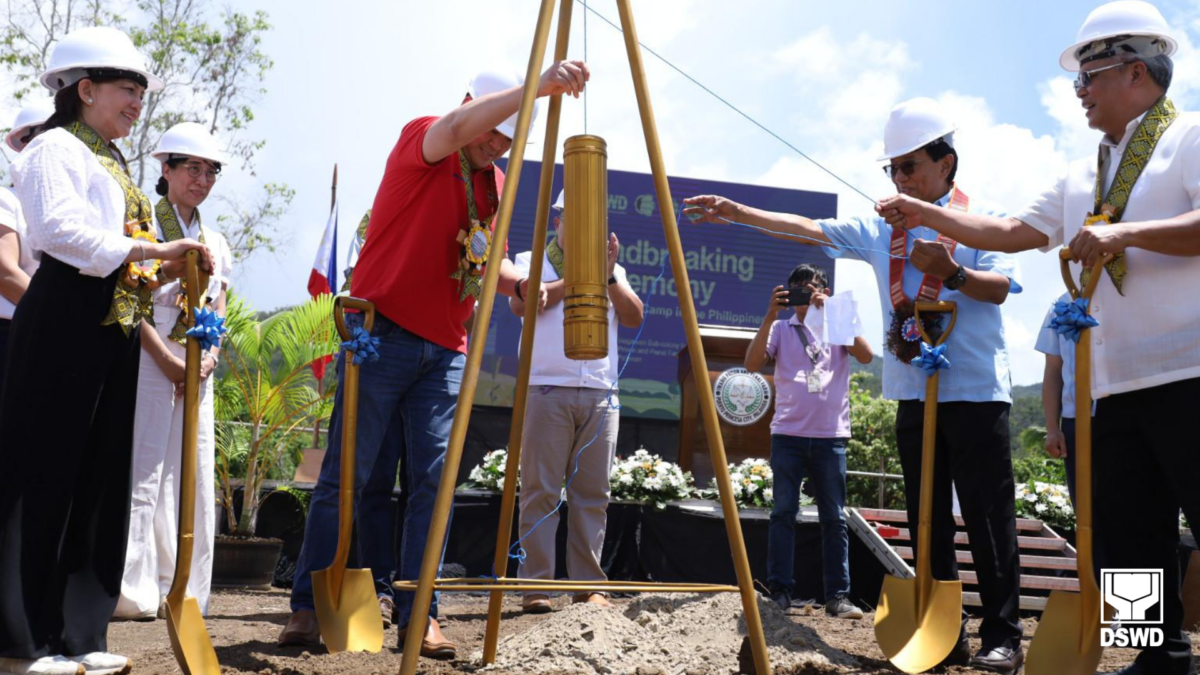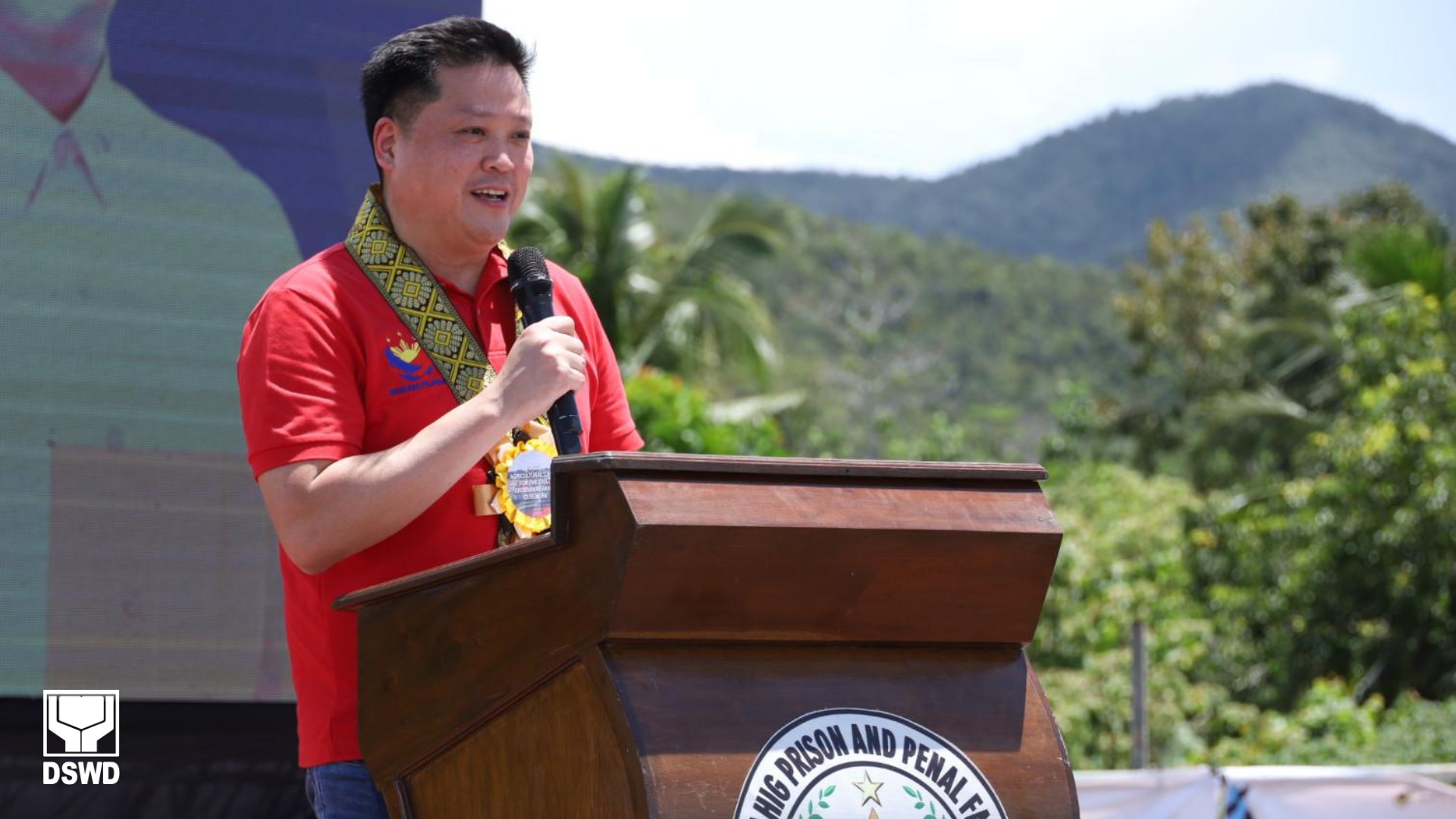
Inagawan Sub-Colony in Puerto Princesa City, Palawan. (Photo courtesy: DSWD)
By Brian Campued
Fulfilling the government’s commitment to uphold a more restorative juvenile justice system, the Department of Social Welfare and Development (DSWD) led the groundbreaking of the country’s first agricultural camp for Children in Conflict with the Law (CICLs) at the Inagawan Sub-Colony in Puerto Princesa City, Palawan on Wednesday, May 7.
The 10-hectare facility is mandated under the Presidential Decree No. 603 of 1974 (Child and Youth Welfare Code), as well as under the Section 51 of Republic Act (RA) No. 9344 (Juvenile Justice and Welfare Act).
Under RA 9344, a CICL refers to a person under 18 years old who is alleged as, accused of, or adjudged as, having committed an offense under country’s laws.
DSWD Sec. Rex Gatchalian underscored that this enables CICLs to serve their sentence through education, vocational training, psychosocial support, or agricultural work, instead of just being confined in a regular penal institution.
Gatchalian said during the ceremonial groundbreaking that “The agricultural camp that will soon emerge from this land will potentially provide the CICLs with the much needed help to start fresh with new learnings and the opportunities to become productive citizens of the country.”
He also added, “This is a project where hardware and software meet. Where [DPWH] engineers and our social workers will come together. Where [DPWH] gravel and sand will come together with our intervention modules and our case management tools,” noting DSWD’s collaboration with the the Department of Public Works and Highways, Bureau of Corrections, Department of Justice, and Juvenile Justice and Welfare Council.

Blueprint for future transformative projects
DSWD Secretary Gatchalian hoped that the agricamp would become a model for future transformative projects and interventions, championing a progressive rehabilitation and reintegration process for CICLs during an interview over Radyo Pilipinas-Palawan.
The DSWD chief said, “This is first in the country, first in Asia, at palagay ko magiging modelo ito na puwedeng i-copy ng ibang bansa sa atin. Sa hanay ng DSWD, ‘yong mailagay ang isang bata sa institusyon masakit na ‘yon eh, pero kung ilalagay natin siya dahil court-mandated, ang gusto sana namin ay ’yong pasilidad ay kaaya-aya.”
He also added that the project is in line with President Ferdinand R. Marcos Jr.’s vision of a “Bagong Pilipinas,” where no one’s left behind, noting that the agricamp was a brainchild of the President’s father and former Chief Executive, the late Ferdinand Marcos Sr. “Imagine ninyo, ang tagal-tagal na hindi nagagawa pero ngayon sa panahon ng ating Pangulong Ferdinand R. Marcos Jr., maisasakatuparan na ‘yong nakasaad sa batas,” he said.
“Importante itong ganitong mga pasilidad dahil more than anything, palagay ko ang mga kabataan at one point na sangkot sa mga hindi kaaya-aya na bagay—or ’yong mga ‘children in conflict with the law’—they still have rights. May karapatan sila para ma-reform, ma-rehabilitate,” he added.
—jpv
